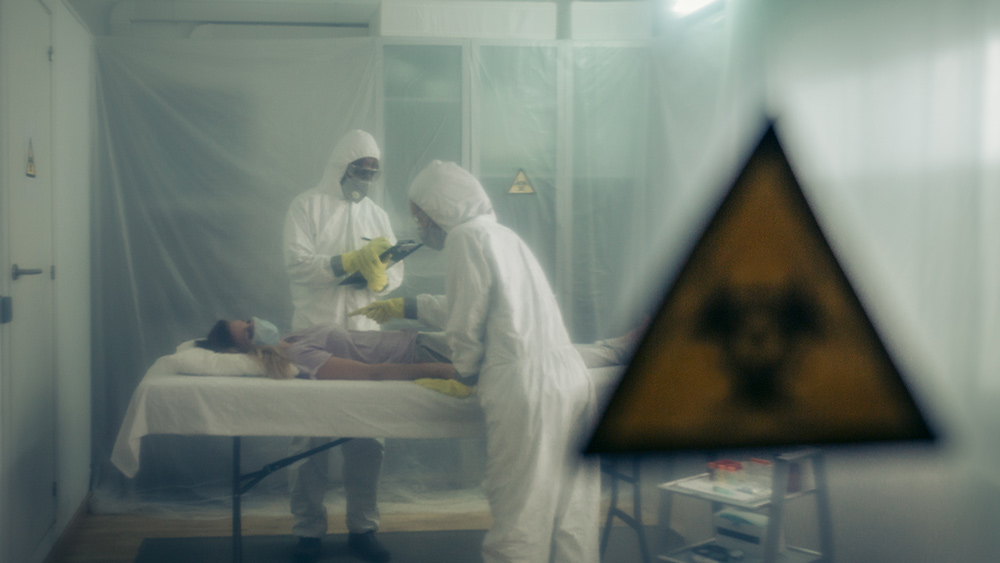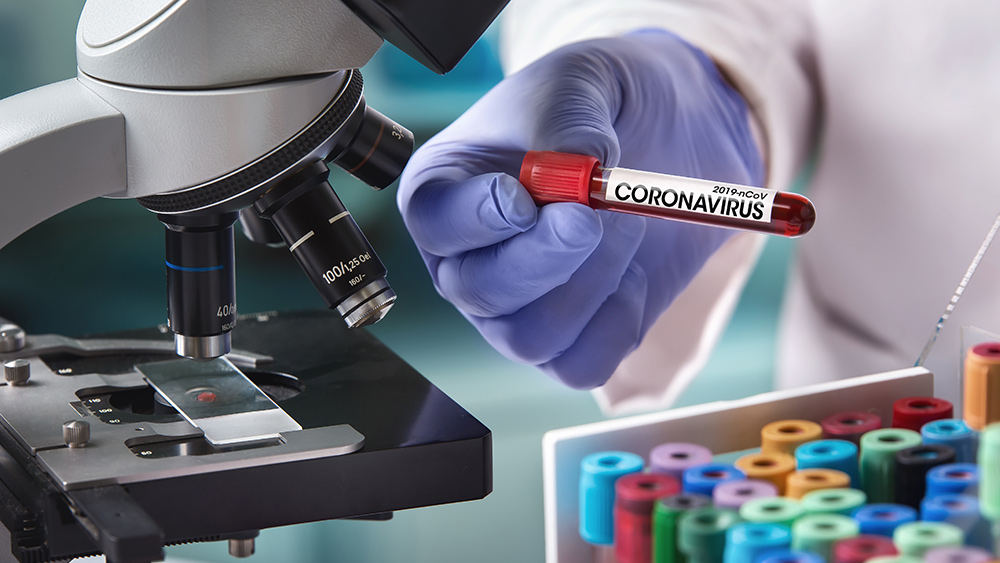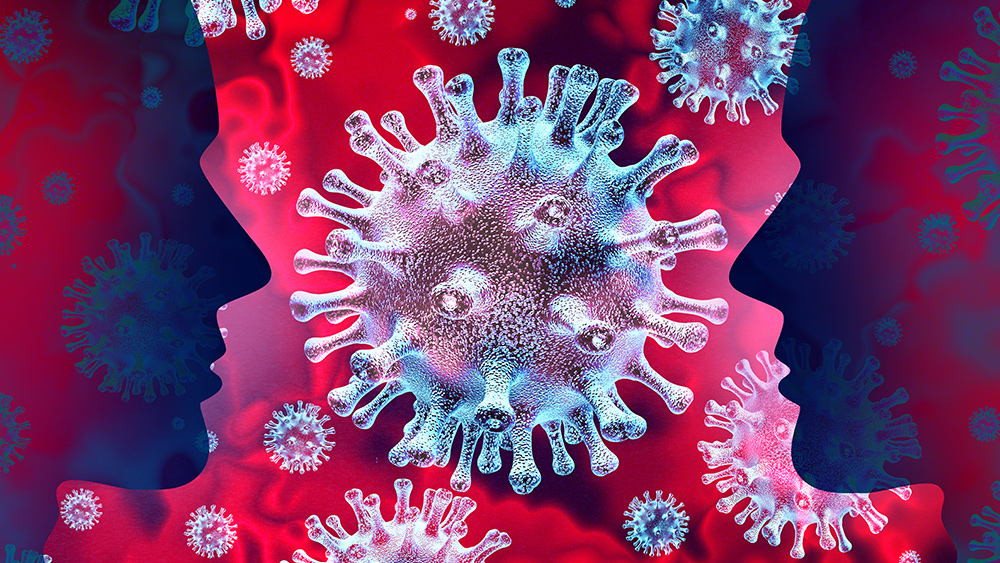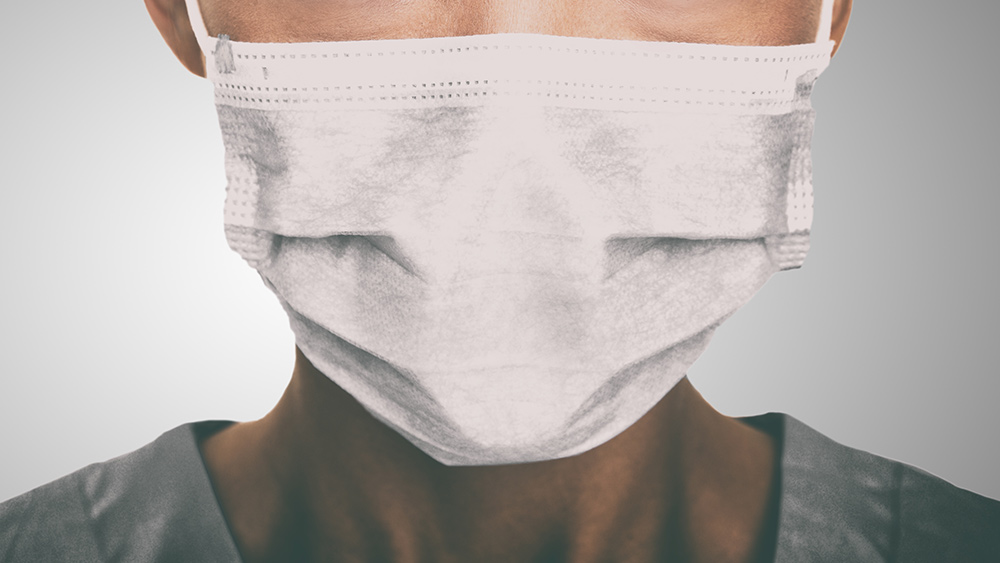Beyond sadness and despair: Understanding the 11 hidden signs of depression and how to address them
01/29/2020 / By Arsenio Toledo

Depression – for the serious condition that it is – can go unnoticed in many people. Some of its more salient symptoms — such as feelings of sadness, hopelessness or loneliness — are easy to recognize, but even people who don’t exhibit these can still be depressed.
Here are 11 hidden signs that indicate whether you, or someone you know, are suffering from depression. Do note, however, that the list is by no means exhaustive: Some people, like those with high-functioning depression, may exhibit none of these symptoms and function normally despite their condition.
- Inability to concentrate. If a person is quick to lose their train of thought or if they trail off and are unable to continue conversations, it can indicate issues with concentration and memory, which are common symptoms of depression.
- Anger and irritability. Mood changes, such as a person being quick to anger, are not unusual for people with depression. Instead of appearances of sadness being their primary symptom, they may instead appear irritable or angry.
- Fatigue. A study published in CNS Drugs suggests that over 90 percent of people with depression experience fatigue. Feelings of excessive tiredness despite getting enough sleep is a very common symptom. While being tired from time to time is normal, people with depression may express that they feel tired all the time.
- Weight and appetite changes. A drastic change in the amount of food people eat can be a sign of depression. This extreme shift in food intake can also cause them to either rapidly gain or lose weight, which can affect their self-esteem and exacerbate their depression.
- Excessive pessimism. People with depression can have a more pessimistic view of the future. While it may be normal to take a realistic or even more negative outlook on certain things from time to time, exhibiting this behavior constantly may be a sign of depression, especially if this pessimistic worldview is coupled with other symptoms.
- Lowered sex drive. Several symptoms of depression may decrease a person’s libido, such as fatigue, low self-esteem and weight changes. This makes unnaturally low sex drive a good indicator for diagnosing depression.
- Changes in sleeping habits. According to the National Sleep Foundation, a person is 10 times more likely to have depression if he is an insomniac. Furthermore, sleeping too much on a regular basis can also be a symptom of depression.
- Lack of passion for hobbies. A lack of interest in hobbies that a person used to enjoy can be a sign that they’re depressed. This can be one of the most telltale signs that a person has depression.
- “Smiling depression.” The term “smiling depression,” or forced happiness, is when people try and hide their symptoms and put on a happy face when in the company of other people. This is a mask, and it is difficult to keep on, especially for people with severe depression.
- Drug and alcohol use. Excessive alcohol and drug use may be a coping mechanism for people with depression. In fact, around one in every five Americans with a mood disorder also have an alcohol or substance abuse problem. (Related: They don’t work: Conventional meds for depression and mental disorders treat symptoms, not cause.)
- Physical pain and health disorders. Depression can manifest itself into physical pain and tangible health conditions such as backaches, digestive problems, headaches and chronic pain. Depression can also increase your risk of arthritis, diabetes, heart disease and cancer.
If you know someone who exhibits any of these signs, know that you can help. Encouraging them to seek professional help, such as talk therapy, is a good start, for one. If they seem hesitant, take the initiative: Develop a close friendship with them, or consider taking them to enjoyable activities. These could include going out for a healthy lunch, inviting them over to play with your lovable dogs or exercising together. Still, the best thing you can do for someone suffering from depression is to foster a meaningful — and non-judgemental — connection with them and provide them with the support they need.
Nobody can get through depression alone — make sure your friends don’t either.
Sources include:
Tagged Under: brain function, depression, mental, mental health, psychiatry, signs of depression, talk therapy



















